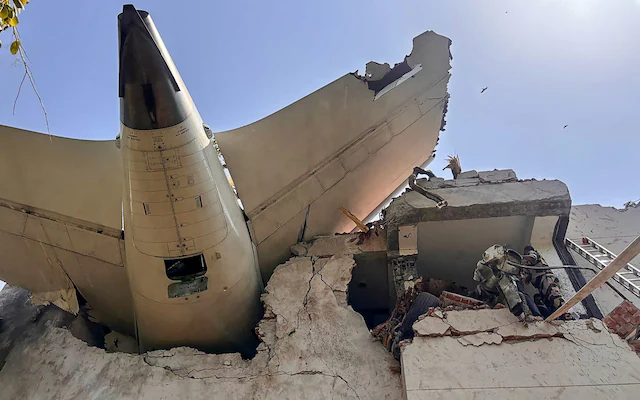Investigators are focusing on the pilot’s actions as a crucial component in the catastrophic crash of Air India Flight AI171, which has increased the mystery surrounding the flight’s cockpit voice recorder. Sources disclose “unusual verbal exchanges” and “procedural deviations” in the last minutes, which raise concerns about human error or intent, even though complete transcripts are still confidential. Although the black box data purports to verify that the fuel cutoff was manually initiated, it is unclear if this was done on purpose or by accident.
Aviation experts highlight that the sequence of events—including altitude changes and system overrides—does not match typical mechanical failure scenarios. The captain, a 20-year veteran, had no prior incidents, but investigators are examining his recent psychological evaluations and workload stress. Meanwhile, the first officer’s role is also under scrutiny, as the audio captures conflicting commands before the plane lost thrust.
With the final report months away, the focus remains on whether this was a tragic mistake, a systems glitch, or something more sinister. The case echoes past crashes like Germanwings 9525, where pilot actions proved pivotal. As families demand transparency, Air India faces tough questions about its safety protocols and mental health checks for crew.





